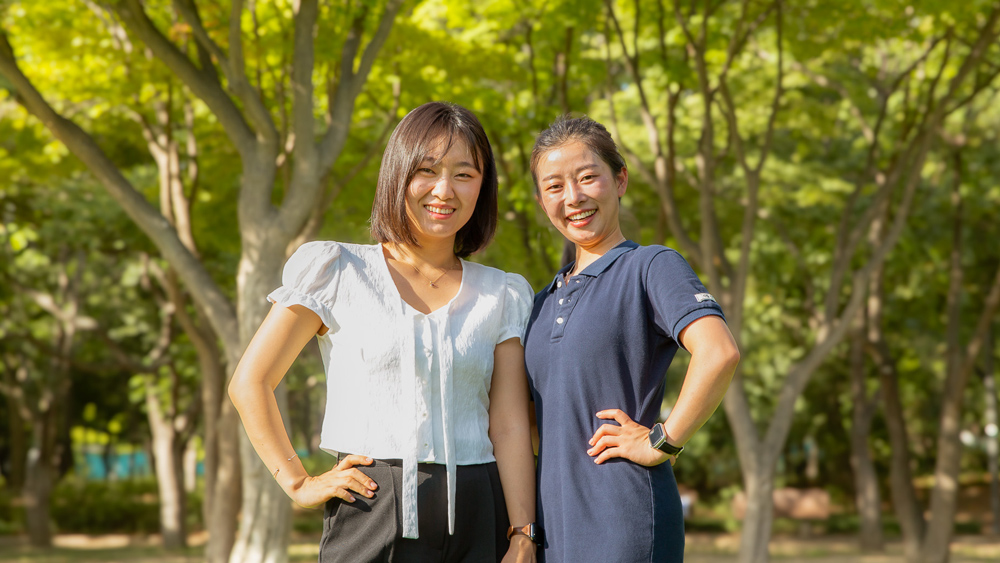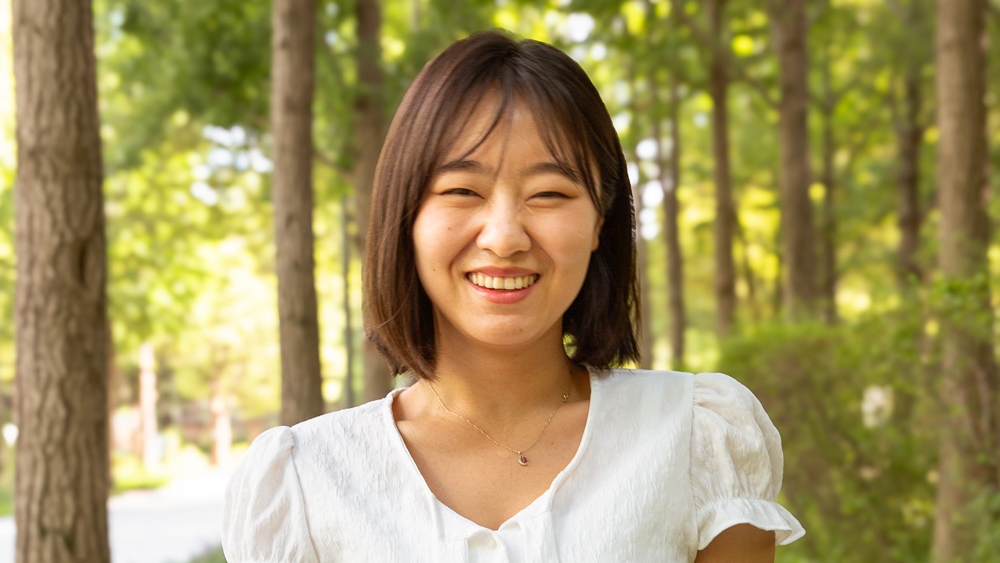Love and Dating ... in North Korea

This updated version of Love & Sex in North Korea was originally written by LiNK for Koreaboo.
According to historians who are really good at remembering when things happened in the olden days, sex and love existed before the Internet was even invented. Before 56K dial-up, phones, and even Tinder, humans found ways to interact completely offline and engage in sexual activity. In fact, biologists believe that the human proclivity for sex is universal and plays a major role in producing baby humans, thereby maintaining the human race’s existence. (Go humans!)
So could it be that in North Korea too, people have sex and fall in love and do romantic things with each other?
According to North Korean refugees that I’ve worked with, the answer is: Yes. North Koreans have sex too.

So, how do North Koreans do it?
First of all, the baseline to understand is that overall North Korean dating culture is pretty traditional and conservative. Think South Korea, but 50 years ago. One of the reasons for this is, well, North Korean society is quite conservative and patriarchal in general and North Korean media is super old-fashioned. In North Korean films you don’t see couples kissing or being physically affectionate with each other, so many North Koreans are just not used to PDA and wouldn’t dream of being too affectionate or kissing in public.
Nonetheless North Koreans do meet and date and fall in love like everywhere else. A lot of it starts in school (awww) and people also meet at dances or house parties. That’s right, when the parents are out of town young urban North Koreans will often invite a bunch of friends over and have a party. Once ‘the eyes have met’ the boy often has to do a lot of the pursuing. And guys, spare a thought for our brothers there: Only about 10% of North Koreans have a mobile phone. So for most, it has to be done the old fashioned way.
Either you have to pre-arrange to meet ‘10 trees away from the school gate at 7pm on Wednesday’ or you have to take the risk of going to their house. The danger, of course, is that you knock on the door and their mother answers, causing all that (traditional Asian) embarrassment. So a common trick is to knock and wait for someone to call out “Who is it?” If it’s the mother you say “I’ve come for Eun-kyung” (even though your girlfriend’s name is something else) and pretend you got the wrong house. If your girlfriend answers, then you can say, “It’s me! Come out!” Nicely done.

Finding a place to date isn’t so hard; people hang out in the park, or by the river, or around the market. But it’s when you need a bit more privacy that things get more difficult. The vast majority of young North Koreans live in their parents house until they get married (even more so than South Koreans) so there is no privacy at home. So when the relationship heats up, young couples will often go to the North Korean equivalent of a love motel, which is basically paying a middle-aged women to clear out of their own house for a few hours so the couple can get it on. A more risky space for a frisson might be a storage room with an unlocked door, or even a train toilet.
However, there’s a problem here...well, a few in fact. Sex education is almost non-existent in North Korea. And contraceptive pills and condoms can be hard to come by, too (you can’t just stop by the closest 24-hour convenience store). I have a friend who used to smuggle goods from China to sell in North Korea, and she says she saw a pregnancy test for the first time in 2007. She of course promptly smuggled some in to sell to North Korean women. This combination of factors unfortunately leads to a lot of unplanned pregnancies and risky abortions amongst unmarried women.
Like other aspects of North Korean culture, dating culture is not static. And as with other social changes, one of the major drivers is the influx of foreign media being smuggled in on DVDs and USB drives, and now even Micro-SD cards. In fact, one of the reasons South Korean dramas and films are so popular is because, in contrast to North Korean government-produced films, they show compelling human stories of love and relationships, and have addictive plotlines. If all you had access to was government propaganda your whole life and then suddenly you heard that your friends had access to this amazing new foreign stuff, you might risk watching it too.

In the first few viewings, these simple South Korean soaps can be revelatory: The PDA, the attitudes of the female characters, even the way they talk and dress. The love story in the Korean drama Winter Sonata, which is credited with starting the Korean Wave across Asia, is still remembered fondly by many North Korean refugees.
Similarly when My Sassy Girl was smuggled in many young women who watched it were driven to imitate not just Jeon Ji-hyun’s fashion and hairstyle, but also the confident and cool way in which her character treats her boyfriend. (And of course in the background of these films and dramas, North Korean viewers can’t help but notice that South Korea looks way richer than North Korea). These information changes are confounding economic changes in their effects on gender relations, as bottom-up marketization has raised the status of women as they play a key role in illegal and semi-legal entrepreneurial business activities.
Humans being humans, porn is also being smuggled into North Korea. And without getting too PG-13, it would be fair to assume that this also opens up and accelerates changes in behaviour between the sheets as well.
It’s worth noting that despite a big growth in flows of foreign media over the last 10 years it is still limited, and especially in the countryside and in the interior of the country away from the border with China, people have much less access (if at all). So there is huge regional variation in North Korea and dating culture will still be very traditional and conservative in the countryside, whilst changing rather quickly in Pyongyang and other major cities and border towns. In addition, young Pyongyangites also mostly have mobile phones now, meaning fewer nervous knocks on doors.

Because of the government’s ongoing restrictions on culture and extreme paranoia over foreign media, North Korea was late to the sexual revolution. But it is now happening, and it is no trivial matter. The emulation of dating culture learned through South Korean and other foreign media, particularly among young urban North Koreans, is contributing to increased sensitivity to foreign trends and a liberalization and modernization of culture and society from the bottom up. And in the long run, it’s this kind of social change that will help usher in a wider transformation and opening of North Korean society, to the benefit of the North Korean people and humanity as a whole.
--SOKEEL PARK - director of research and strategy
North Korean Fellows in the United States: Meet the Class of 2025

Please join us in welcoming Hannah and Rose, LiNK’s 2025 Advocacy Fellows!
The Advocacy Fellows program partners with young North Korean defectors to build their skills as effective leaders, storytellers, and agents of change for this issue. Hannah and Rose spent the last month training and preparing with our team in South Korea, and will now be traveling across the US to share their stories!
Join us at a Fellows speaking event near you!
Dallas, TX
September 9th, 6pm
Southern Methodist University | Dallas Hall Room 306 (McCord Auditorium)
3225 University Blvd, Dallas TX 75205
RSVP Here
Guest parking information here
Waco, TX
September 11th, 6pm
Baylor University, Foster Campus | Room 240
1621 S 3rd St, Waco, TX 76706
RSVP Here
Parking: 1521 S Fourth St. Waco,TX 76706 (Google maps or Apple Maps)
Madison, WI
September 16th, 12pm
UW-Madison | Lubar Commons (Room 7200)
975 Bascom Mall, Madison, WI 53706
RSVP here
Evanston, IL
September 20th, 5pm
Northwestern University | Harris Hall 107
1881 Sheridan Rd, Evanston, IL 60201
RSVP Here
Palo Alto, CA
September 28th, 1:20pm
True North Church
655 Arastradero Road, Palo Alto, CA 94306
RSVP Here
Berkeley, CA
September 29th, 6pm
UC Berkeley | Stephens Lounge at the MLK Student Union
2495 Bancroft Way, Berkeley, CA 94720
Parking: Lower Sproul Garage
RSVP Here
Washington, D.C.
October 8th, 1pm ET
The Stimson Center
1211 Connecticut Avenue Northwest Washington, DC 20036
RSVP Here
*Online livestream also available: RSVP Here
Washington, D.C
October 9th, 10:30am
ET Hudson Institute
1201 Pennsylvania Ave N.W. Suite 400 Washington, DC 20004
RSVP Here
Philadelphia, PA
October 13th, 5:30pm
University of Pennsylvania
3401 Walnut Street, Philadelphia, PA 19104
RSVP Here
New York, NY
October 16th, 2025, 12 PM
The Korea Society
350 Madison Avenue, 24th Floor
New York, NY 10017
RSVP here
Los Angeles, CA
October 21st, 7:30pm
UCLA
Haines Hall Room A2 Portola Plaza, Los Angeles, CA 90095
Parking available in UCLA Parking Structure 2
RSVP here
Additional details and timely updates will be sent to RSVP’ed guests via email.

Hannah is a 4th year student at Hongik University studying Electrical and Electronic Engineering. While participating in LiNK’s Changemaker Scholarship Program, she worked on developing devices and strategies that increase information access for people inside North Korea. Her goal as an Advocacy Fellow is to grow as a leader and communicator, and facilitate more collaborative work on this issue.

Rose graduated from Hongik University’s Department of Architecture. For her final project, she designed a memorial to honor North Korean human rights and provide comfort to defectors who had to leave their homeland. She drew inspiration from the Holocaust and 9/11 Memorials in the US, and was deeply moved by how such spaces contribute to healing and progress. As an Advocacy Fellow, Rose hopes to continue finding her identity and increase interest in this issue.




